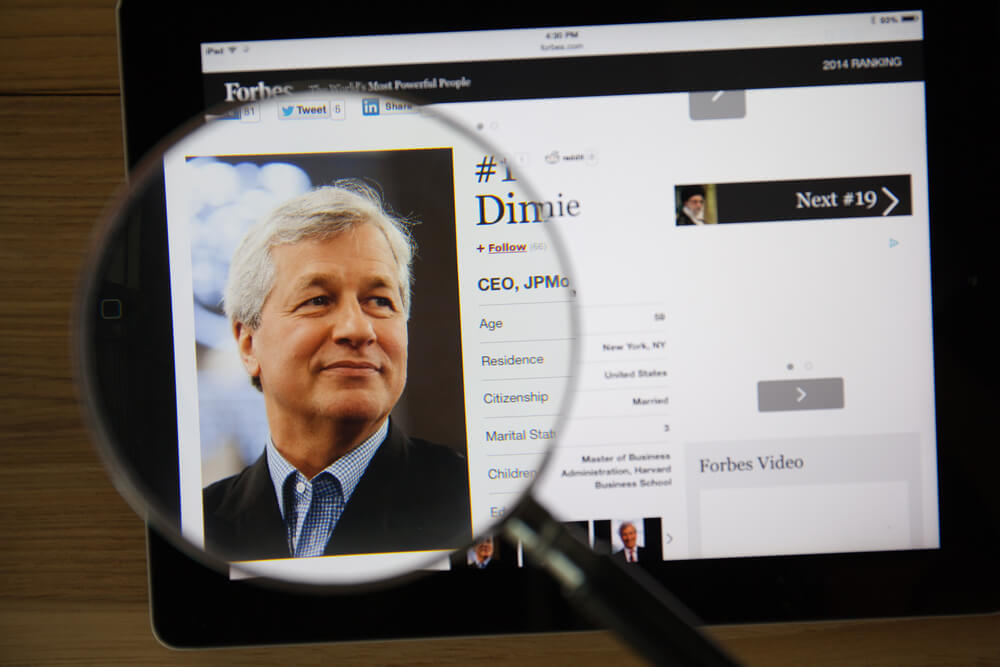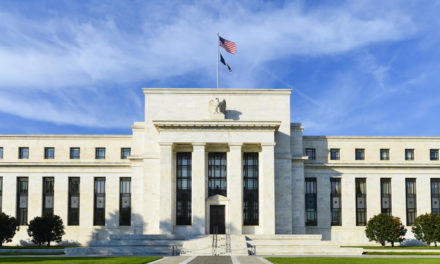JPMorgan CEO Jamie Dimon has entered the income inequality fray that has been a hot topic of late, saying the U.S. economy has been split into those benefiting from thriving corporations, and those who have been left behind.
Dimon said there is essentially two different Americas: One that is benefiting and another that is struggling just to pay bills.
Per CNBC:
“I don’t want to be a tone deaf CEO; while the company is doing fine, it is absolutely obvious that a big chunk of [people] have been left behind,” Dimon said. “Forty percent of Americans make less than $15 an hour. Forty percent of Americans can’t afford a $400 bill, whether it’s medical or fixing their car. Fifteen percent of Americans make minimum wages, 70,000 die from opioids” annually.
“If you travel around to most neighborhoods where companies live, they’re doing fine,” Dimon said. “So we’ve kind of bifurcated the economy.”
Dimon was speaking at an event at the bank’s New York headquarters to unveil a new $350 million program to boost job prospects for people in under-served communities. The J.P. Morgan chairman and CEO has frequently voiced concern about the declining labor force participation rate and the shortfalls of the educational system in preparing people for emerging roles.
Making progress against these issues involves companies working with local organizations to provide skills outside of the university context, he said.
Dimon called the education system “broken” and said his bank stopped giving philanthropic dollars to colleges years ago.
“Harvard and Princeton are not a philanthropy,” Dimon said. “Helping these kids is.”
Wealth inequality has been a hot topic among Democratic presidential hopefuls. Sens. Elizabeth Warren, D-Mass., Bernie Sanders, I-Vt., and others on the left have floated “wealth tax plans” to force the rich to pay more than they already do, drawing this epic response from economist Peter Schiff:
“Bernie Sanders has upped the bid. He wants the government to confiscate 77% of the value of estates in excess of 1 billion dollars,” Schiff wrote on Facebook. “That means large private businesses will not survive a generational transfer. They will die with their owners, along with the jobs they provide. If you think it’s OK for the government to steal 77% of wealth over $1 billion because it doesn’t affect you think again. Not only will the $1 billion number quickly move lower, but the inflation created to finance the socialist agenda will subject far more estates to that rate!”




